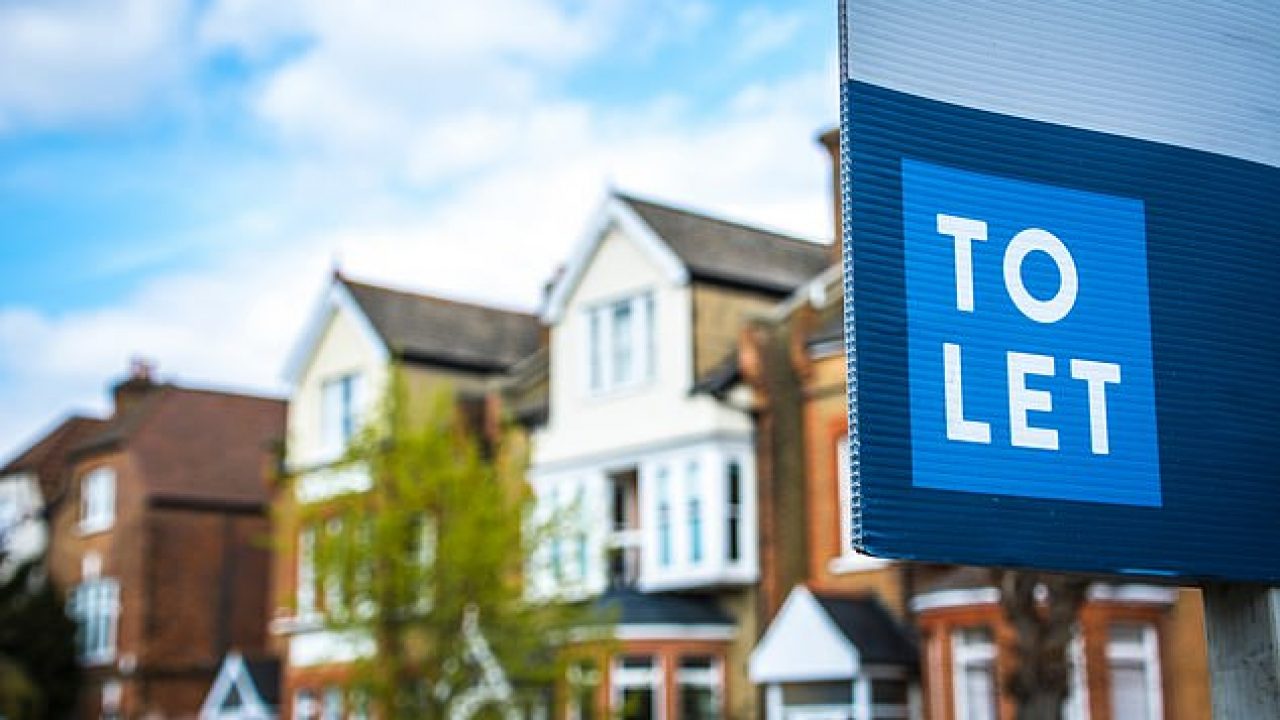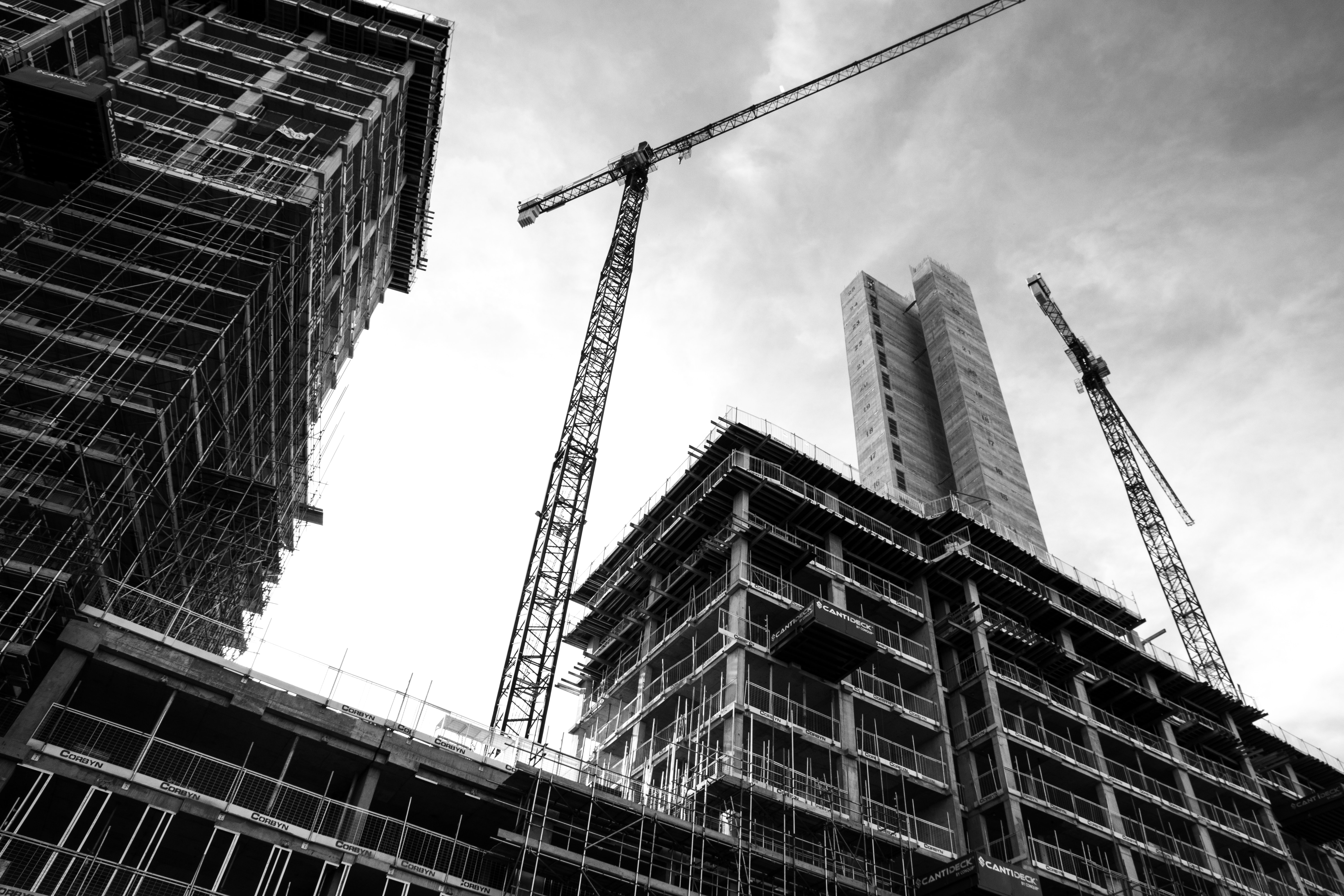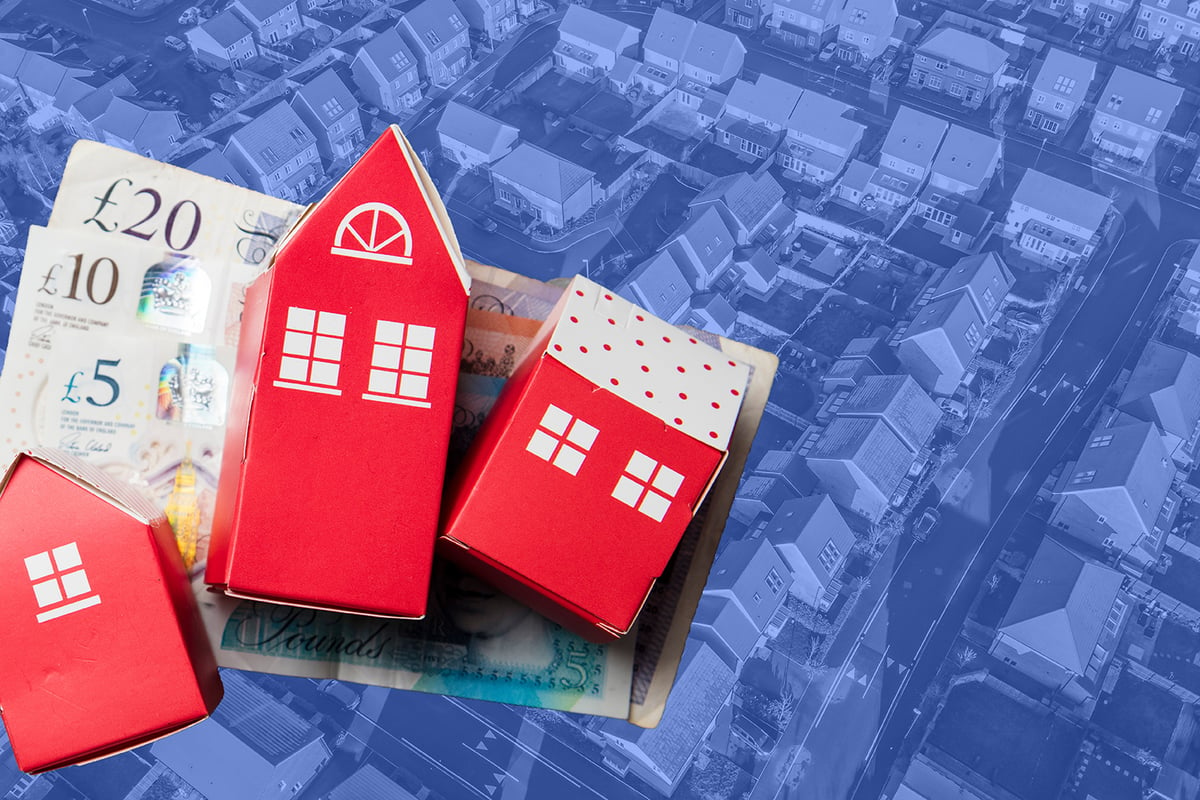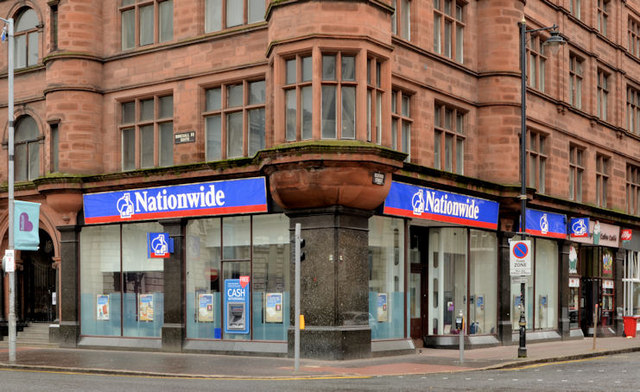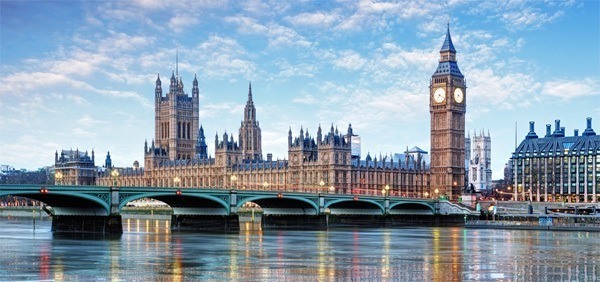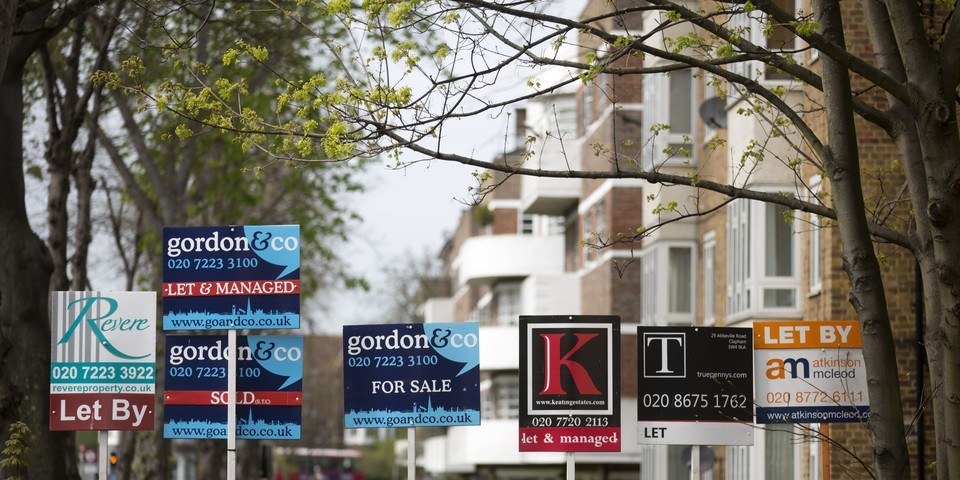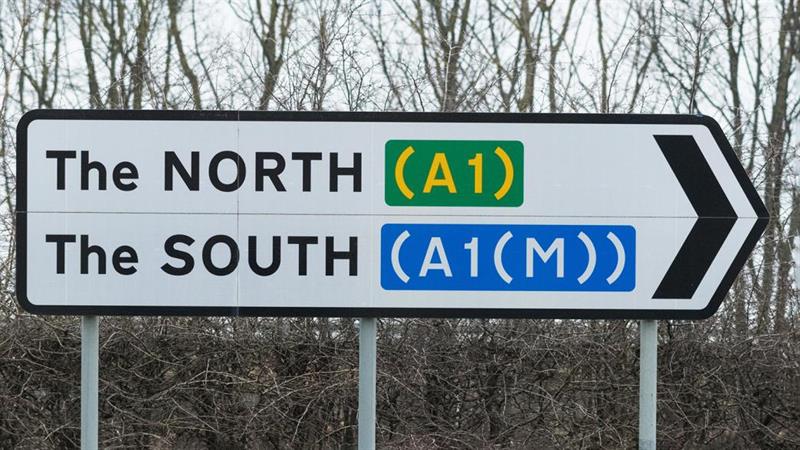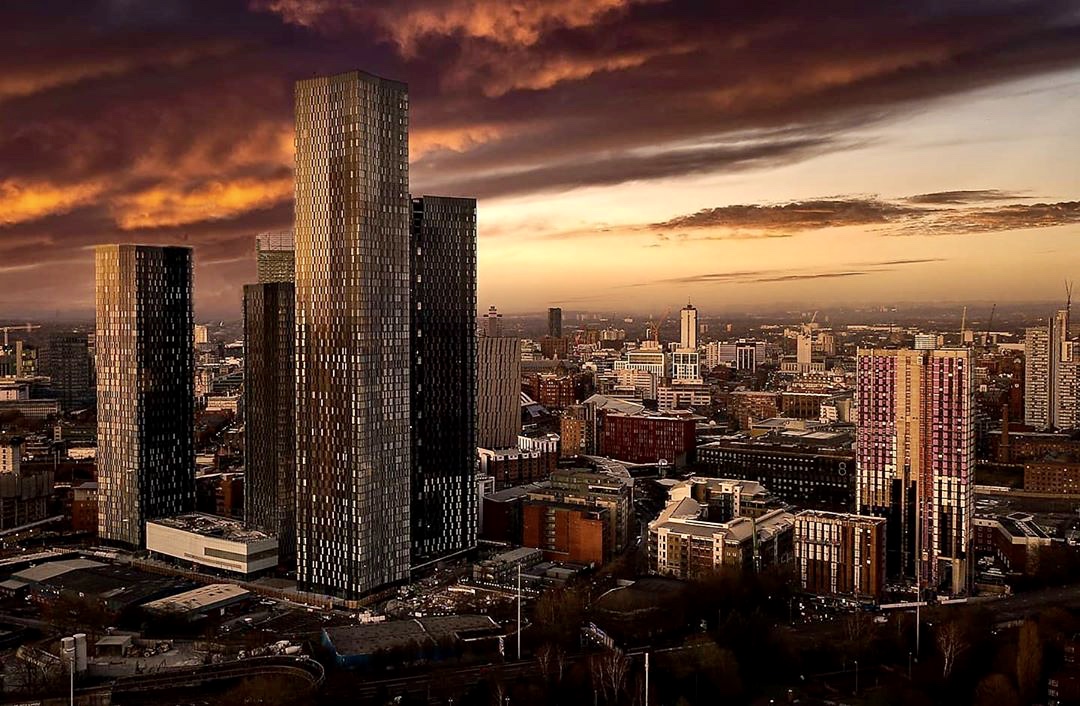The private rented sector has an important economic and social role to play across the country, according to a new report published recently.
The UK government is being urged to act swiftly to address the growing housing crisis in this country, as demand continues to heavily outweigh supply.
Mortgage rates have fallen despite the Bank of England raising the Bank Rate just over a week ago, as experts said a "fierce price war" had broken out between lenders.
Too early to tell whether activity in the housing market has started to recover.
The ONS says a lack of Premier League football because of the World Cup contributed to a contraction in output during the final month of 2022.
By mid-2023, the UK base rate is predicted to reach 4.5%, as a result the majority of landlords are planning to raise rents to offset any increase in mortgage rates and additional expenses.
The north-south house price divide may be narrowing, eXp UK claims.
The government has imposed a six-week deadline for housing developers to sign legally binding contracts that will commit them to pay to repair unsafe buildings.
- How Interest Rate Rise Will Affect Property Market and Mortgages
- Bank of England Announces New Base Rate
- Is the Property Market Set for a Strong Return?
- UK Faces Shortage of Rental Property
- Bank of England Set to Hike Interest Rates to 4%
- UK Economy Goes ‘From Bad to Worse’
- Petition for (S24) tax relief reinstatement – Government says ‘No’
- Rental Market Starts 2023 Strongly!

